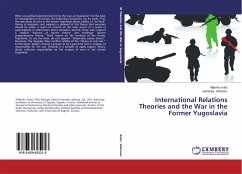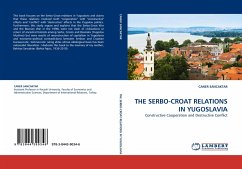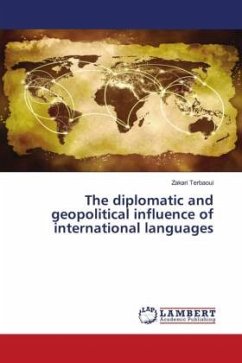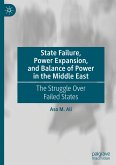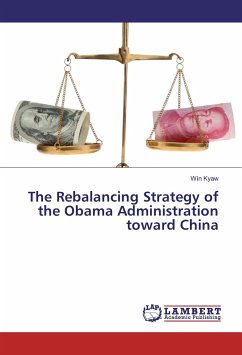What can political scientists learn from the wars in Yugoslavia? On the basis of investigations in this book, the following conclusions can be made. First, the case study of wars in the former Yugoslavia shows validity of no-fault theory of secession, and supports a demand of this theory that secession should be either a result of consent of the main actors or a result of supermajority in referendum about secession. Second, these wars support a classical balance of power theory and challenge power preponderance theory. Third, events on the territory of the former Yugoslavia, to say the least, do not support democratic peace theory . Moreover, the Yugoslav Wars confirm validity of the theory of just war. Furthermore, Walzer s theory is proven to be a powerful tool in analyses of responsibility for the war. Similarly, it is possible to apply Jaspers theory about collective responsibility on the analysis of wars in the former Yugoslavia.

